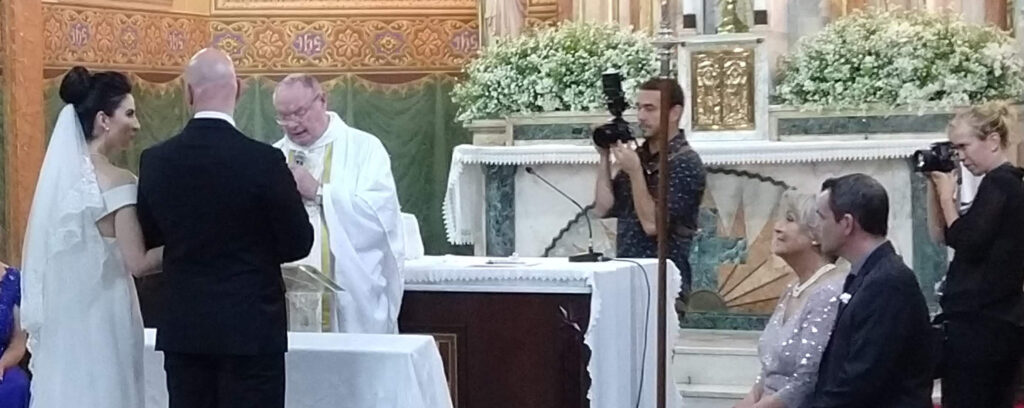
Question (from anonymous in South Carolina):
“Destination wedding photographer failed to deliver photographs per agreed contract. i hired a photographer for my wedding photography – in his contract it states 250-400 prints will be delivered, but his memory card crashed during all the photos, so while, during the event, he claimed to have a thousand pictures he would choose 250-400 from to “tell the story” – he was only able to recover 204, of the ceremony only, losing all other pictures from our day. Does this constitute a “breach in contract” where i am entitled to refund? I have not collected any photos from him – he is from SC where any court case must occur, and I am from MA. It was a destination wedding so a reshoot isn’t possible since family flew down for the event.”
Response (from Attorney Rob):
“I’m sorry to hear about your situation. Photographs are truly the only things that last from a wedding ceremony and the reception, so these kinds of situations are truly sad. At least the photographer captured the nuptials, and presumably the actual portraits (I will assume, for the sake of this answer, that he did).
First, in order to provide a truly informed decision, I would have to actually see the contract. There will be provisions in place that would affect both his and your rights in a court of law, and may determine whether a lawsuit may be brought, how much you could ask for, and where the lawsuit can be filed.
In short, the photographer, by failing to provide final, edited, images that encompass the entire event (ceremony, reception, and portraits), has breached the contract. Generally, you would bring a claim for breach in the South Carolina county that the photographer resides (I’m not licensed in SC). The issue here will be the amount of damages that you would be entitled to collect. In breach of contract actions, the aggrieved party has a right to be put in a position that they would have been had the contract been fully performed (“expectation damages”). In other words, at the end of the day, you should have a photo album of between 250-400 edited images of a once in a lifetime event, or the cash equivalent.
So how does this get computed? Judges across the country vary when it comes to such awards. Some cases indicate that the entire contract amount is the starting point, and if there is an issue with coverage or number of images, this is subtracted from that total. For example, you have 204 images (if the photographer ever gives them to you), when the contract called for a minimum of 250 images, for a difference of 44 images. As such, an award may be in the ballpark of 20% off the contract price. Another way to look at it is that the photographer missed the reception (first dance, cake cutting, bouquet toss, etc), which represents about 75% of the coverage. By extension, an award could be 75% off the contract price.
Some cases indicate awards providing for monies to reshoot portions of an event that were missed. For example, the cost of renting another tuxedo, cleaning the gown, and hiring another photographer to take bridal portraits. However, these are rare and distinguishable from the facts that you have provided. In fact, some of these plaintiffs have been laughed out of court.
Also, be aware that the contract you signed may limit your recovery. Check and see if there is a “Limited Liability” provision. These will usually cap the amount that you can request in a lawsuit to the amount that you actually paid for the photographer in the first place. Also, the photographer may claim that the memory card crash was not his fault, and that he is discharged from having to provide anything beyond the 204 images to you.
Before filing suit, reach out to the photographer and see if he is will to work with you to make things right (to the extent that you are willing and he is able). Filing suit in another state is a real hassle, so if you can work something out without having to resort to the courts, all the better.
Again, so sorry about the situation, and I wish you best of luck.”
